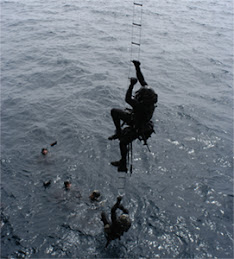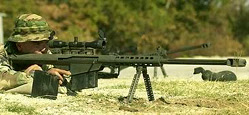menurut definisi http://www.yourdictionary.com/
espionage Definition
es·pio·nage (es′pē ə näz̸h′, -näj′)
noun
-the act of spying
-the use of spies by a government to learn the military secrets of other nations
-☆ the use of spies in industry or commerce to learn the secrets of other companies
Etymology: Fr espionnage <>spy
espionage Synonyms
espionage
n.
spying, undercover work, reconnaissance, surveillance; see spying.
Espionage Hacker Definition
(legal term)
For years the United States has been worried about becoming a target of foreign economic and industrial espionage. Sabotage is the act of using spies to gain information about what a government or a company does or plans to do.
For the year 2000, in particular, the U.S. business community said that economic espionage cost them anywhere from $100–250 billion in lost sales. The greatest losses, they noted, involved manufacturing processing and R&D (research and development) information. With increasing competition for limited resources, the business community projected these losses to intensify in the coming years.
As is the business community, the U.S. government is worried about three types of espionage—economic, industrial, and proprietary. Economic espionage involves the covert targeting or gaining of sensitive information that has financial, trade, or economic policy implications. Industrial espionage involves the undercover gathering of information about a company to acquire commercial secrets and thereby gain a competitive edge. Proprietary information is that generally not found in the public domain and for which the information’s owner takes special measures to protect it from getting into the public domain. Often, proprietary information includes R&D plans for a business or plans for emerging technologies.
An interesting espionage case was reported by the U.S. government in its 2001 Office of the National Counterintelligence Executive Report. Two business persons, one a Chinese national who was the president of a Beijing company and the other a naturalized Canadian, pleaded guilty to charges of exporting fiber-optic gyroscopes to the Peoples’ Republic of China (PRC) without the required State Department permits. Exporting these gyroscopes to the PRC is prohibited by U.S. law. It seems that the two business persons purchased the gyroscopes from a Massachusetts company. They apparently planned to export them to the PRC through a Canadian subsidiary of the Beijing company. The “espionage” concern expressed by the U.S. government was that the gyroscopes could be used in missile guidance systems and smart bombs.
See Also: Counterintelligence Enhancement Act of 2002.
Office of the National Counterintelligence Executive. Annual Report to Congress on Foreign Economic Collection and Industrial Espionage. [Online, 2001.] http:// www.iwar.org.uk/ecoespionage/resources/senate/annual-reports/industrial-espionage-01.htm.
Langgan:
Catat Ulasan (Atom)








Tiada ulasan:
Catat Ulasan